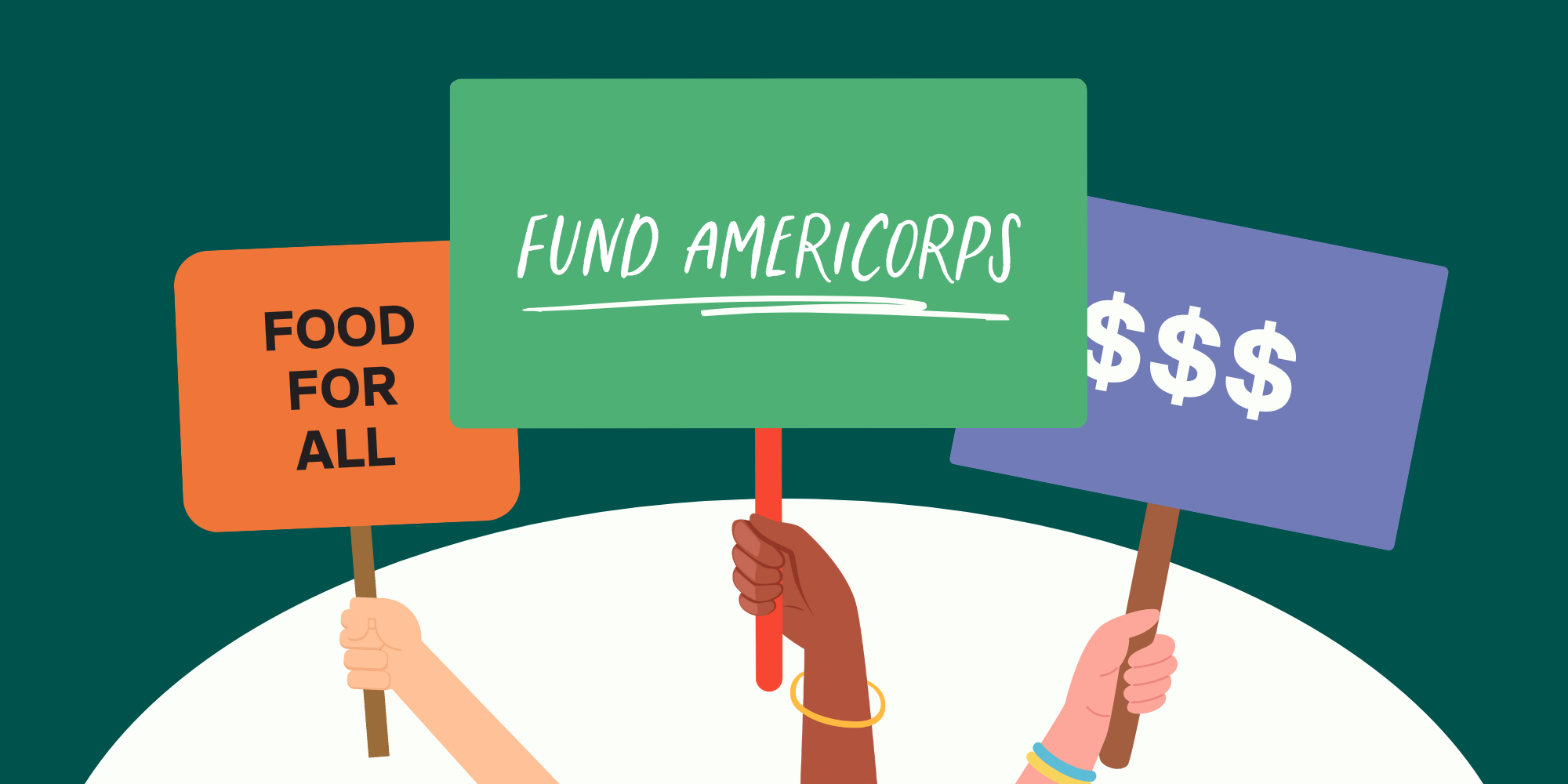Federal Appropriations: What You Need to Know
How the appropriations process affects child nutrition, AmeriCorps, and more.
How the appropriations process affects child nutrition, AmeriCorps, and more.

Whether you’re new to child nutrition policy or a seasoned pro, it can be helpful to have a refresher on how the government creates policies that impact child nutrition and food education. Here’s a short guide on something we’ve been talking about recently: federal appropriations.
Put simply, the federal appropriations process is how the government decides to spend money (the discretionary, or optional, portion of the federal budget) on various programs and services each year. This process involves several steps:
Often, these bills are combined into a larger package called an omnibus bill to simplify the process. It’s common for Congress to miss the October 1 deadline for passing all 12 bills. Instead, they might pass short-term spending bills called continuing resolutions to keep the government running temporarily. Sometimes, Congress and the president also pass emergency funding bills outside the regular process to address urgent needs like natural disasters or economic crises.
Already, the House of Representatives has voted on a proposal that includes significant cuts to AmeriCorps funding. The proposed cuts would massively reduce AmeriCorps funding, eliminating 71,000 national service positions. This would have serious implications for organizations like FoodCorps, resulting in a loss of valuable resources for children and families across the communities we partner with.
If confirmed later this year or early next, these changes would take effect in 2026. This decision could severely limit FoodCorps’ ability to support school gardens, nutrition education, and other vital programs that help improve food access and provide nourishing meals for students.
Elected officials need to hear that their constituents value AmeriCorps. It’s time to urge them to reject these devastating cuts and instead increase investments in AmeriCorps before decisions are finalized.
Contacting your representatives is easy; you can send an email, call their office, or use the #Stand4Service toolkit to share why you’re getting involved. Sharing a story about FoodCorps’ impact in your community can illustrate why investments in national service are so important.
Want to stay in the loop on appropriations and other policy and advocacy updates? Sign up for our advocacy newsletter.
FoodCorps is a non-partisan, non-profit organization. FoodCorps staff and FoodCorps AmeriCorps members may not participate in advocacy or lobbying activities during work time charged to an AmeriCorps funded grant or while earning AmeriCorps service hours. No federal funds were used to prepare or distribute advocacy content.

The Policy Brief: 2025 State Policy Updates

Alumni Spotlight: Cady Molloy, School District Executive Chef

6 Careers in Food That Make a Difference